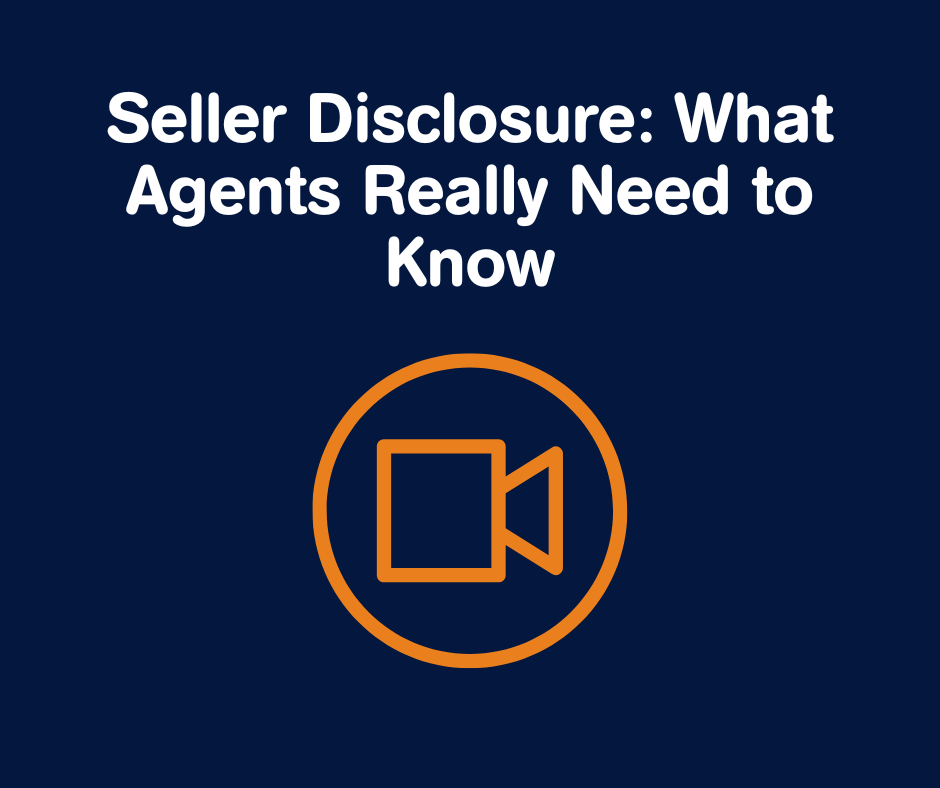Are verbal agreements binding?
The Property Law Act states that all agreements to sell land in Queensland must be in writing. This includes any amendment to the contract; therefore, if you wish to change the finance or settlement date, this needs to be in writing. Normally the solicitors for the buyer and seller simply swap letters. Notwithstanding, these people can still be held liable for verbal representations if the other person acted in reliance upon that representation. We generally recommend that all amendments and representations be confirmed in writing.
Can I add or delete a name to the contract?
Occasionally after signing a contract, a buyer will realise that he or she wants to either add or delete his or her partner from the contract. This is not normally a problem, providing the seller agrees. The seller will normally agree as their rights under the contract are not normally affected and there is more chance that the contract will proceed through to settlement.
All that happens is that an amendment is made to the original contract and both the seller and buyer initial the change. Previously there was some concern that the buyer would have to pay double stamp duty, however the Office of State Revenue has confirmed in recent times that there is no additional stamp duty payable. Some solicitors may require a deed of rescission and a new contract to be signed.
Do contracts for the sale of land need to be in writing?
In the absence of a real estate agent, private negotiations are usually conducted verbally, with offers and counter-offers going back and forth between the buyer and seller. The question often arises as to whether a verbal agreement will create a legally enforceable contract. Unfortunately, if you reach a verbal agreement, you rely wholly on another's word, leaving the temptation open for them to accept a better offer, commonly referred to as gazumping.
What is a body corporate?
A body corporate is a special type of company set up to manage the common property in a complex for a set of units. There is a community management statement which outlines how the body corporate is to be managed. Each unit owner pays fees to the body corporate for the ongoing maintenance of the complex.
From the body corporate fees paid by the unit holders, the body corporate must maintain, manage and control the common property, while also establishing rules and maintaining building and public liability insurance for the common property. The common property will usually include driveways and often the building containing the units.
The unit holders are also required to pay yearly fees into a sinking fund. These fees are retained by the body corporate management committee to fund large cost maintenance and capital works when needed.
What is a building covenant?
A building covenant is a restriction or requirement set out by the developer of a subdivision on the type of house/shed/fence that may be built on blocks contained within the subdivision. The building covenants form part of an agreement between the developer and the buyer of the block of land. It is important that when the buyer sells the land, even if a house has been constructed in accordance with the building covenants that they include in the contract, a clause requiring the new buyer to also be bound by the building covenants is included.
Building covenants are generally accepted as a good idea as they increase the value of the area and ensure that no substandard homes are built in that area.
What is an encumbrance?
An encumbrance is quite simply a legal claim on an estate. The most common types are mortgages, easements, warrants of execution and caveats. On the standard REIQ contract, there is a section in the schedule for the seller to insert the details of any encumbrances which will remain on the property after the property is transferred to the buyer. Consequently, the mortgage over the property should never be inserted as this will be released at settlement. If an easement is inserted, you should find out the details about the easement before signing the contract.
When does the cooling off period start?
The cooling off period starts when the buyer or the buyer's agent receives a copy of the contract signed by both the seller and the buyer. The buyer's agent will include a solicitor and a real estate agent employed by the buyer and paid by the buyer to find a property for them. It will not include a real estate agent who is involved in a conjunction sale with the listing agent.
A copy of the contract can be given to the buyer or his/her solicitor by facsimile. When a copy of the contract is delivered personally to the buyer, the real estate agent or seller should, as a matter of caution, require the buyer to sign an acknowledgement.
Who can witness documents?
There is provision in a standard REIQ contract for both the sellers and buyers signatures to be witnessed. There is no strict legal requirement for the signatures to be witnessed; however, it is recommended that the signatures be witnessed by an independent party.
Unlike the transfer documents, the person witnessing the documents does not need to be a Justice of the Peace or Commissioner for Declarations.
The purpose of the witness is to stop parties denying they signed the contract at a later date.
Who is responsible for installing safety switches?
If no safety switch is installed, then the electricity regulations require the buyer to install the safety switch within ninety (90) days from the date of settlement. It is important to note that a lot of building inspectors are noting the lack of a safety switch as a building defect and this may allow the buyer to pull out of the contract.
If no safety switch is installed, it should be resolved prior to signing the contract who will install the safety switch - the buyer or the seller. As it is a building defect, we recommend the seller install a safety switch prior to settlement.
Who is Responsible for Maintaining the Outside of Units?
If you own a unit which is part of a body corporate you may wonder who is responsible for maintaining the outside of the unit. For example who must clean the gutters, repaint the outside and generally keep it in good condition. The answer depends on the type of unit complex. If it is a Building Format Plan (normally where the units seem to be part of one building) then it is the body corporate’s responsibility. If it is a Standard Format Plan (normally town houses) then it is the owner of the unit’s responsibility. This is notwithstanding that the body corporate pays for the insurance. Your solicitor will be able to tell you whether the unit you own is part of building or standard format plan.
Who pays the penalty fee?
Where a buyer terminates the contract during the cooling off period, the buyer may have to pay a penalty fee (25% of the purchase price) if a deposit has been paid. If no deposit has been paid, then there is no penalty fee payable and neither the buyer nor the real estate agent is required to pay any money to the seller. Where a deposit has been paid and a penalty fee is deducted from the deposit, the penalty fee is half paid to the seller with the other half being paid to the real estate agent.
Why use a conveyancer?
Buying a property can be a very easy process, as long as no issues arise and the seller's conveyancer is very helpful. In our experience, that almost never happens.
For example, even extending the finance approval date, if done incorrectly, can result in a buyer being penalised hundreds of dollars. Conveyancers, in addition to doing all the standard work necessary to ensure you become the registered owner of the property, also give you instant advice on what to do if any changes need to be made to the contract or a problem arises.
We have found that people who act for themselves often have problems in the following areas:
Changing the finance/pest and building inspection/settlement dates - Simply agreeing to change these dates over the phone is not sufficient or valid.
Undertaking and checking the necessary searches - One person even handed over the purchase money to the seller without realising that the seller was no longer the registered owner of the property.
Calculating adjustments that need to be made to the purchase price as a result of searches undertaken on the property.
When acting for a buyer of a property, a conveyancer ensures your interests are looked after and will generally:
Check the contract and resolve any problems created by a mistake on the contract.
Advise the buyer of any relevant dates such as building and pest inspections and contact the client on the relevant dates to ensure the buyer complies with all obligations.
Undertake all necessary searches, checking the searches and advising the buyer on any issues that may arise as a result of the searches.
Calculate adjustments that need to be made to the purchase price and correspond with the buyer's bank to ensure all requirements have been met and there are sufficient funds available at settlement.
Using professional conveyancers provides the buyer with the added reassurance that all of their rights and obligations under the contract are attended to and the buyer is protected from any losses which could occur as a result of not doing so.















































